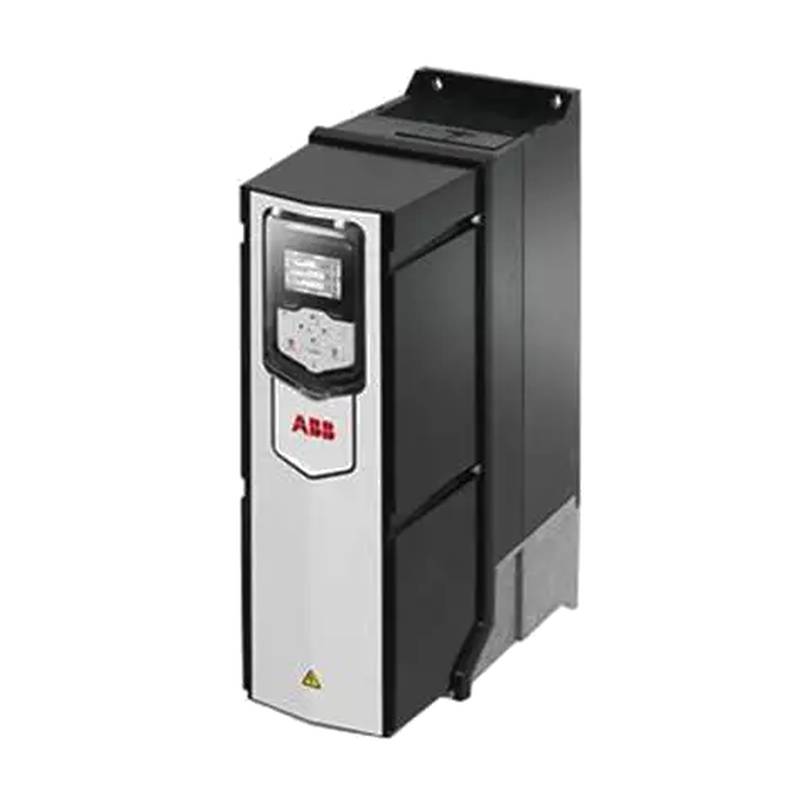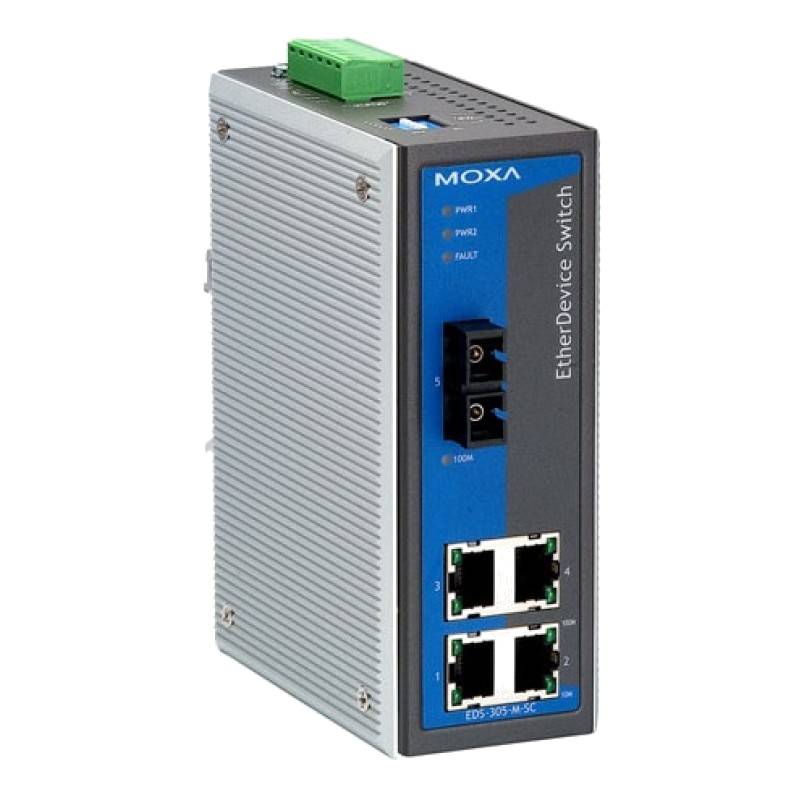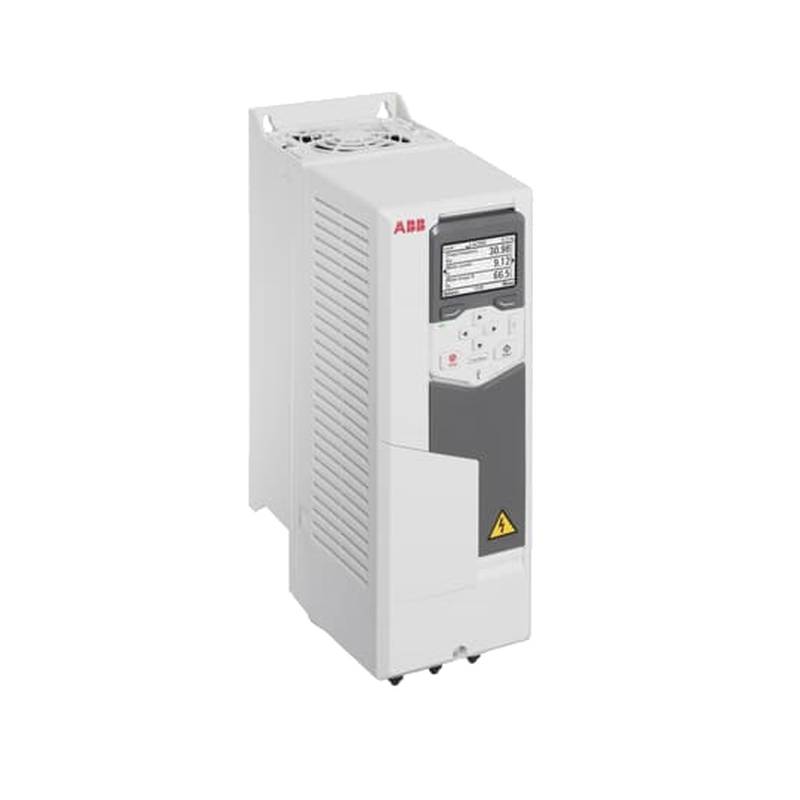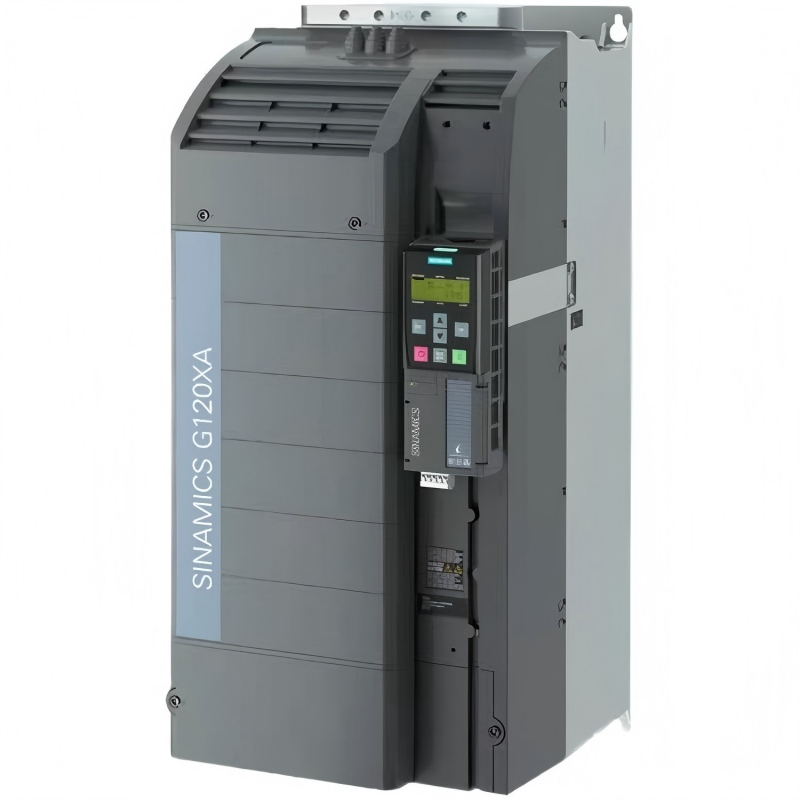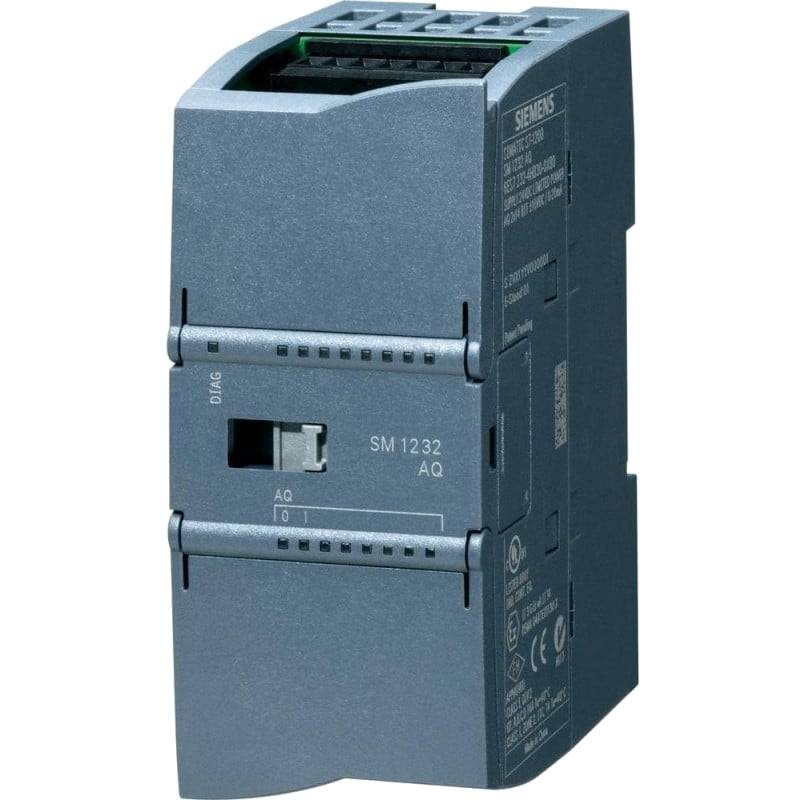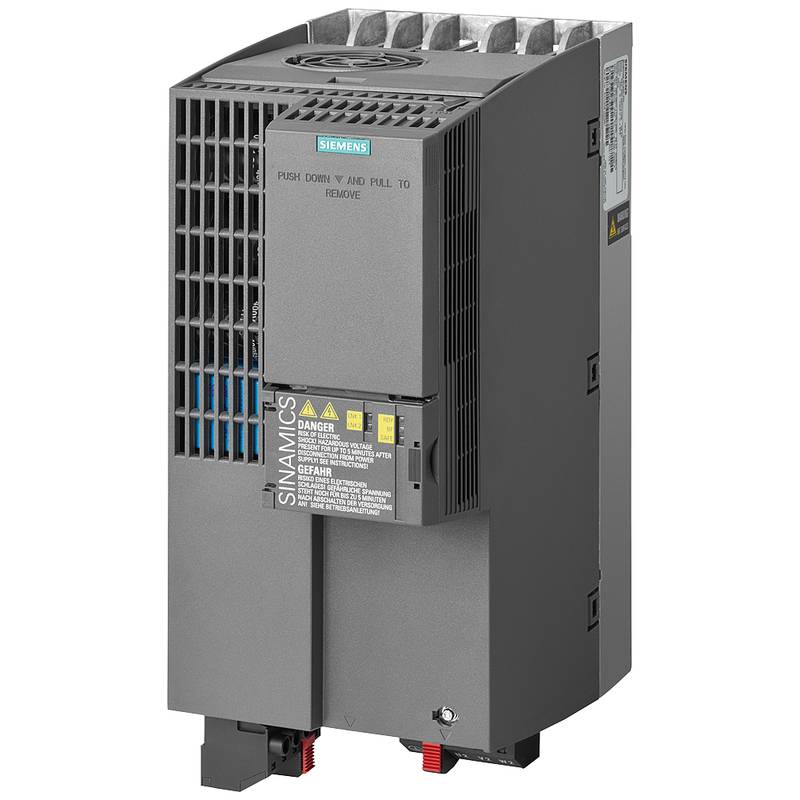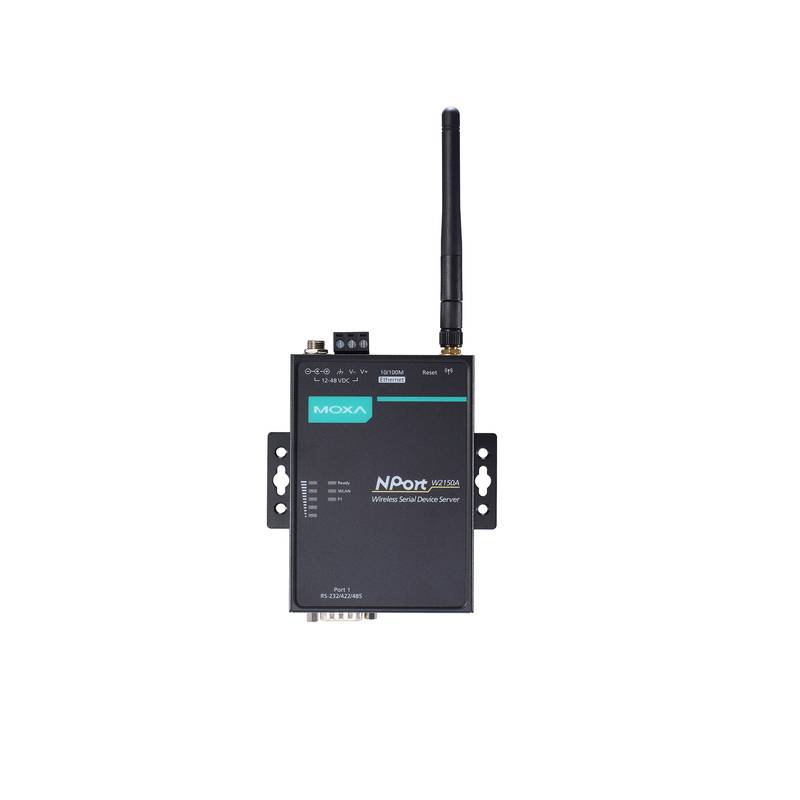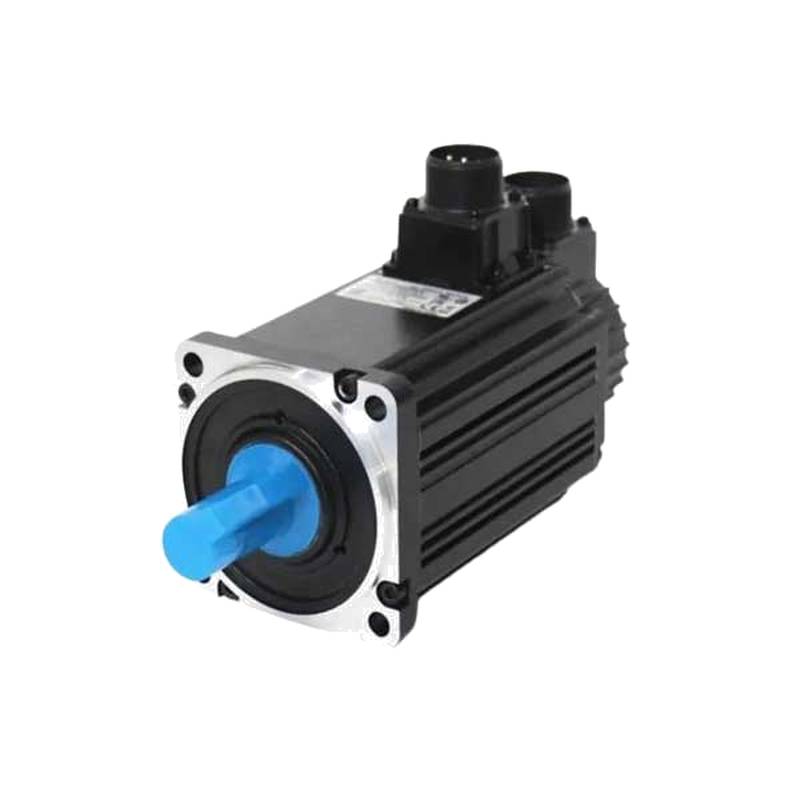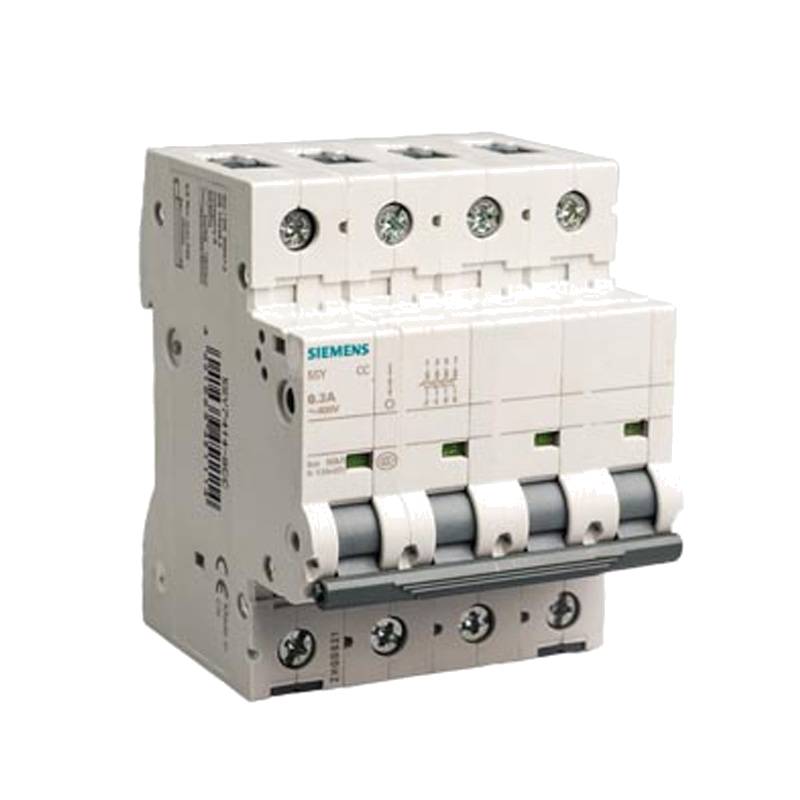
The ABB ACS880-01-02A4-3 is a robust, wall-mounted VFD (Variable Frequency Drive) designed for precise motor control and operational efficiency across a wide spectrum of industrial applications. Built on ABB's "all-compatible" drives architecture, it offers exceptional compatibility, flexibility, and ease of use, simplifying installation and commissioning. This drive excels in applications demanding accurate speed and torque regulation, featuring ABB's proprietary Direct Torque Control (DTC) as a standard, ensuring premium performance with various AC motor types, including permanent magnet and synchronous reluctance motors. Its compact, integrated design minimizes installation space and time, while built-in features like harmonic filtering chokes and optional safety functions reduce the need for external components and complex PLC programming.
Product Specifications
| Parameter | Value |
| :-------------------- | :--------------------------------------- |
| Rated Power (Pn) | 0.75 kW |
| Output Current (Rated)| 2.4 A |
| Input Voltage | 380-415 V (3-phase) |
| Frequency | 50-60 Hz |
| Output Frequency | 0-500 Hz |
| Frame Size | R1 |
| Enclosure Rating | IP21 |
| Mounting Type | Wall-mounted |
| Control Modes | V/f, Sensorless Vector, Direct Torque Control (DTC) |
| Built-in Features | Choke, optional Brake Chopper, EMC Filter, Safe Torque Off (STO) |
| Dimensions (HxWxD) | 409 mm x 155 mm x 226 mm |
| Weight | 7.0 kg |
Core Features & Market Positioning
The ACS880-01-02A4-3 is positioned as a highly versatile and reliable industrial drive, distinguishing itself through its advanced DTC technology, which provides superior motor control for diverse applications. Its "all-compatible" architecture ensures seamless integration into existing automation systems and future expansions, enhancing its long-term value. The drive's robust construction and IP21 enclosure rating make it suitable for challenging industrial environments, while features like integrated safety (STO) simplify system design and reduce installation costs. ABB's commitment to user experience is evident in the intuitive control panel and PC-based programming tools, further solidifying its market position as a user-friendly yet powerful drive solution.
Key Application Scenarios
This VFD is engineered for a broad array of industrial sectors and applications where precise motor speed and torque control are critical. It is widely deployed in: Material Handling: Conveyors, elevators, cranes, and winders benefit from the drive's precise speed regulation and dynamic response. Pumps and Fans: Optimizes energy consumption in HVAC systems, water and wastewater treatment, and industrial ventilation by precisely matching motor speed to demand. Manufacturing Processes: Extruders, mixers, compressors, and centrifuges are controlled efficiently, improving product quality and process throughput. Specialized Machinery: Test benches and winches can leverage the drive's advanced control capabilities for accurate performance. Marine Applications: Its robust design and marine type approval make it suitable for demanding onboard systems.
Practical System Integration Guidance
Integrating the ABB ACS880-01-02A4-3 into an industrial system is streamlined due to its comprehensive built-in features and flexible connectivity options. The drive comes standard with an intuitive Assistant Control Panel featuring a USB port for easy parameter transfer and firmware updates. For communication, it supports RS-485 Modbus RTU and offers three slots for optional communication and I/O modules, allowing integration with major automation networks like PROFIBUS, PROFINET, and EtherNet/IP. Wiring the drive involves connecting the main power supply (380-415V, 3-phase) to the input terminals, and the motor to the output terminals. Control signals, such as digital and analog inputs/outputs, are connected to their respective terminals, facilitating external control and feedback. Programming is managed through the control panel or ABB's Drive Composer PC tool, which simplifies parameter configuration, application setup, and diagnostics. The drive also supports Safe Torque Off (STO) functionality, requiring specific wiring to the safety input terminals for enhanced operational safety.
Operation and Risk Mitigation
Safe and efficient operation of the ACS880-01-02A4-3 is paramount. The drive is equipped with several safety features, including standard Safe Torque Off (STO), which prevents unexpected motor start-up. Users should always refer to the official ABB manuals for detailed safety instructions regarding installation, commissioning, and maintenance. Common troubleshooting involves checking parameter settings, motor connections, and supply voltage. Critical error codes are displayed on the control panel, with comprehensive explanations and resolution steps available in the drive's user manual. For instance, common fault codes might relate to overcurrent, overvoltage, or undervoltage conditions, often resolved by adjusting motor parameters, ensuring adequate ventilation, or verifying the power supply. Proper installation, including adequate ventilation space and correct wiring, is crucial for preventing overheating and ensuring reliable operation.
Scalability & Long-Term Value
The ACS880-01-02A4-3 is designed for scalability and long-term value. Its "all-compatible" architecture and numerous option slots for communication, I/O, and encoder modules allow the drive to adapt to evolving system requirements and technological advancements. Integration with Industrial Internet of Things (IIoT) solutions is facilitated through various fieldbus protocols and ABB's remote monitoring capabilities, enabling predictive maintenance and optimized operational efficiency. The drive's firmware can be updated, and its programming is highly customizable, offering a flexible platform that can be adapted to new applications or processes throughout its lifespan. ABB's extensive service network and availability of spare parts further ensure the long-term operational viability and return on investment for users of the ACS880-01-02A4-3.
---
Frequently Asked Questions (FAQs)
Q1: What is the primary function of the ABB ACS880-01-02A4-3?
The ABB ACS880-01-02A4-3 is a variable frequency drive (VFD) designed to control the speed and torque of AC motors. It converts fixed-frequency AC power to variable-frequency AC power, enabling precise motor speed adjustment for various industrial applications.
This allows for significant energy savings by matching motor speed to the actual process demand, rather than running at full speed constantly. It also improves process control and can extend the lifespan of machinery by reducing mechanical stress.
Key benefits include enhanced operational efficiency, reduced energy consumption, and improved process precision, making it ideal for applications requiring dynamic motor control.
Q2: What are the main technical specifications of the ACS880-01-02A4-3?
This VFD has a rated power of 0.75 kW and an output current of 2.4 A. It operates on a 3-phase input voltage of 380-415 VAC at 50/60 Hz.
The output frequency range is 0-500 Hz, offering extensive speed control capabilities. Its frame size is R1, and it features an IP21 enclosure rating, making it suitable for wall mounting in many industrial environments.
Additional specifications include Direct Torque Control (DTC) as standard, built-in harmonic filtering choke, and support for optional features like brake choppers and EMC filters.
Q3: In which industries and applications is the ABB ACS880-01-02A4-3 commonly used?
The ACS880-01-02A4-3 is highly versatile and finds application in numerous sectors. These include material handling, such as conveyors and elevators, and process industries like pumps, fans, mixers, and compressors.
It is also utilized in manufacturing, extruders, and specialized machinery like test benches and winches. The drive's robustness also makes it suitable for marine applications.
Industries benefiting from its precise control include oil and gas, metals, chemicals, cement, pulp and paper, food and beverage, and automotive sectors.
Q4: What makes ABB's Direct Torque Control (DTC) significant for this drive?
Direct Torque Control (DTC) is ABB's proprietary motor control technology that provides exceptional speed and torque accuracy. It allows for precise motor control without the need for a motor-mounted encoder in many applications.
This advanced control capability ensures rapid response to load changes, excellent stability at low speeds, and precise torque limiting, which is crucial for applications where accurate torque is paramount.
DTC's superior performance extends to various motor types, including permanent magnet motors and synchronous reluctance motors, enhancing the drive's versatility and efficiency across a broad application range.
Q5: How does the "all-compatible" architecture benefit users of the ACS880-01-02A4-3?
The "all-compatible" architecture means the drive is designed for maximum compatibility with various automation systems, user requirements, and business needs. This simplifies integration into existing setups and future upgrades.
It ensures a consistent user interface and common platform across ABB's drive range, reducing training time and simplifying operation and maintenance. This also translates to greater flexibility in choosing motors, communication protocols, and I/O options.
Ultimately, this approach leads to faster engineering, installation, and commissioning, contributing to reduced project costs and increased productivity.
Q6: What are the key features for system integration and connectivity?
The ACS880-01-02A4-3 offers extensive integration capabilities. It includes an intuitive control panel with a USB port for easy parameter management and firmware updates.
Connectivity is further enhanced by three option slots for fieldbus adapters (e.g., PROFIBUS, EtherNet/IP) and I/O extension modules. It supports standard communication protocols like Modbus RTU.
These features allow seamless integration into SCADA systems and DCS, enabling remote monitoring, control, and data acquisition for advanced automation.
Q7: How is safety handled with the ACS880-01-02A4-3 drive?
The ACS880-01-02A4-3 comes with integrated safety functions, notably Safe Torque Off (STO) as a standard feature. STO prevents the motor from generating torque, effectively stopping it and preventing unexpected starts.
This built-in safety reduces the need for external safety components and simplifies safety circuit design, leading to cost savings and faster installation. It meets high safety integrity levels (SIL3).
For advanced safety requirements, optional safety function modules can be added, offering features like safe stop, safe speed monitoring, and more, further enhancing operational safety.
Q8: Can the ACS880-01-02A4-3 be used with different types of AC motors?
Yes, the ACS880-01-02A4-3 is designed to control a wide variety of AC motor types. Its advanced Direct Torque Control (DTC) technology ensures excellent performance with standard induction motors.
It also provides premium control for permanent magnet motors and synchronous reluctance motors, maximizing their efficiency and performance characteristics.
This broad motor compatibility offers users significant flexibility in selecting the most suitable motor for their specific application requirements.
Q9: What are the typical troubleshooting steps for this VFD?
Common troubleshooting involves checking power supply connections and voltage levels to ensure they are within the specified range. Verifying motor connections and parameters set in the drive is also crucial.
Referencing the drive's display for error codes is essential. The user manual provides detailed explanations for each code and potential solutions, such as checking for overcurrent, overvoltage, or overheating faults.
Ensuring proper ventilation and environmental conditions, as well as checking for loose wiring or component damage, are also key steps in diagnosing and resolving issues.
Q10: How does this VFD contribute to energy efficiency?
The ACS880-01-02A4-3 significantly improves energy efficiency by precisely controlling motor speed according to the load requirements. This eliminates wasted energy from running motors at full speed unnecessarily.
Features like the energy optimizer and energy efficiency information displayed on the panel help users monitor and manage energy consumption. This allows for optimization of processes to further reduce energy usage.
By matching motor speed to demand, it reduces power consumption, leading to lower operating costs and a reduced environmental footprint, aligning with sustainability goals.














